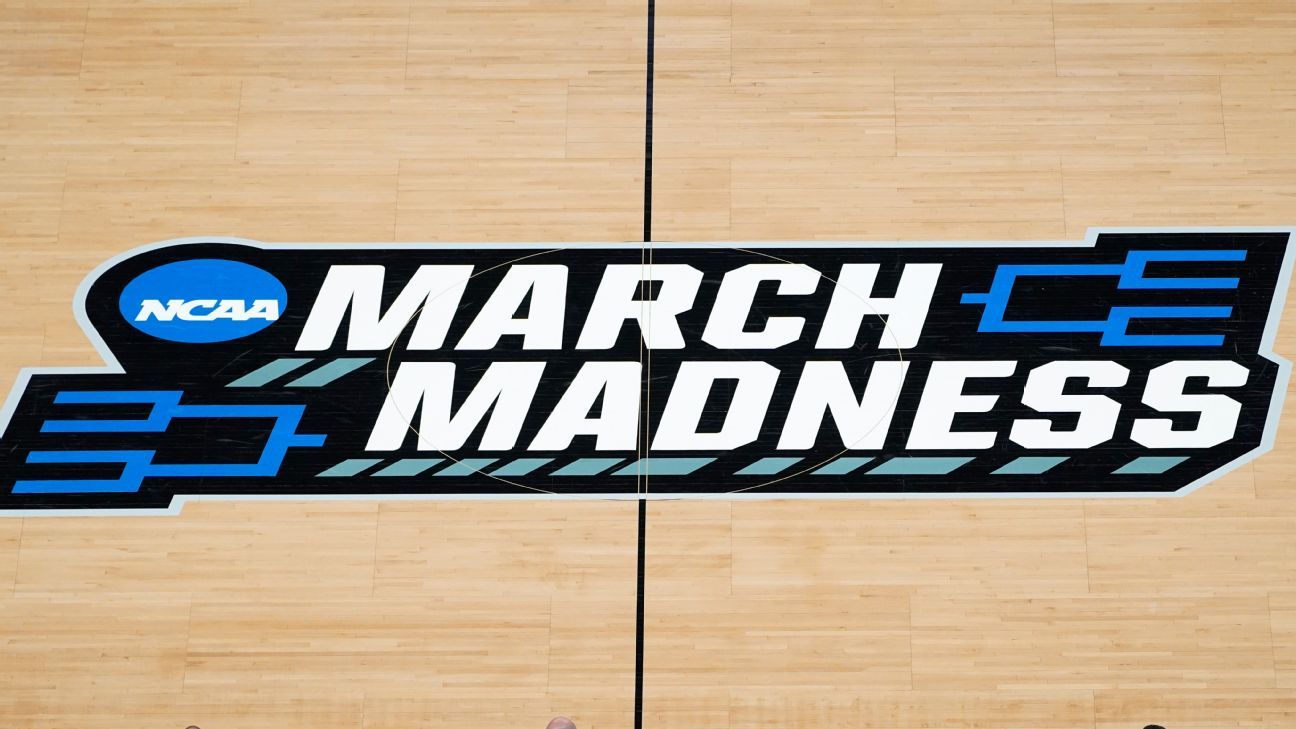KANSAS CITY, Mo. — As the collegiate landscape changes amid conference realignment and the NCAA’s future remains in flux, West Virginia men’s basketball coach Bob Huggins said it’s time for the major conferences to split from the other schools and create their own postseason tournament, so they can control the sport’s most significant financial stream.
“They’re doing it in football,” Huggins told ESPN at Big 12 media day. “Why wouldn’t they do it? The presidents and athletic directors that have all the juice, why wouldn’t they do it? Makes no sense why they wouldn’t do it. I think it’s more ‘Why wouldn’t they?’ than ‘Why would they?’ And then, the other people, they can have their own tournament.”
It’s not the first time the idea has been discussed. Those against changing the 68-team NCAA tournament format in favor of the larger schools have often cited the thrill of watching the Cinderellas compete against more prominent programs.
Huggins, however, said that should not deter the top schools from considering the possibility.
“Those Cinderella schools are putting 200 people, at best, in their gym,” Huggins said. “We’re putting 14,000.”
Huggins said controlling the postseason tournament is a way for basketball to remain financially relevant in the future as college football’s influence and footprint continue to grow. He said college basketball revenue, on many campuses, goes toward supporting football, while the NCAA makes the bulk of its money off its basketball tournament.
In 2016, the NCAA signed an eight-year, $8.8 billion extension through 2032 with Turner Sports for the rights to the NCAA men’s tournament. The bulk of the NCAA’s annual revenue is attained through that TV deal. That’s a problem, according to TCU coach Jamie Dixon, who is president of the National Association of Basketball Coaches board of directors.
“I always laugh about the NCAA tournament in college basketball and about how it doesn’t make sense how the money is dispersed and where it goes,” Dixon told ESPN. “And football has become bigger and the decision-maker in this realignment because of the disbursement of money. And I don’t know that we’ve done our best job with marketing and promoting and building on basketball, because really, the NCAA’s only goal is to keep that NCAA tournament as their sole moneymaker.”
Other coaches within the league, however, said they hope the NCAA tournament format remains the same. Texas coach Chris Beard has coached at the junior college and mid-major levels during his career. He said the diversity within the tournament is what makes it special.
“I’m one of these guys that I don’t think anything’s wrong with the NCAA tournament,” said Beard, who led Arkansas-Little Rock to the second round in 2016. “I thought 64 [teams] was fine. It’s just, why are we trying to fix something that ain’t broke? It’s the best three weeks in sports. And I feel like I can talk about it because I’ve been on all ends of it.”
Huggins, however, said officials should think about the sport’s future. He said he worries about college basketball maintaining a seat at the table as the collegiate structure continues to change and football powers gain more control over what happens next.
“We have no power because we don’t generate the same kind of TV income that football does,” Huggins said. “But we don’t try to.”
